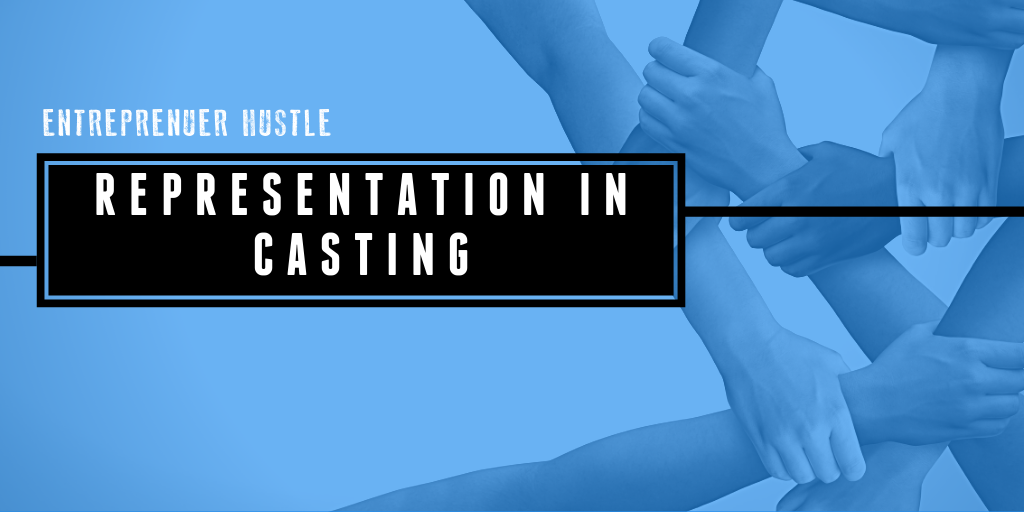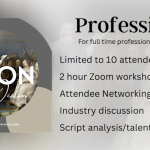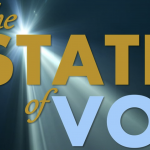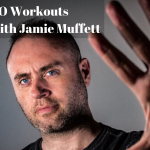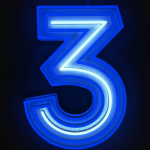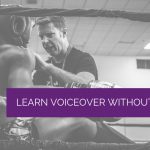Entrepreneur Hustle: Representation in Casting
Hosted By: Anna Ganguzza
From: The VOBoss
In this episode of the Entrepreneur Hustle series, Anne and guest co-host Kesha Monk have a heartfelt, honest conversation about why representation in casting matters. These two BOSSES lead a much-needed difficult conversation about how bias impacts opportunities and the importance of allies. Open ears and an open mind are all you need to learn how you can make an impact. Listen to this discussion for ideas on how to be an ally and why silence can be “very loud.”
TAKEAWAYS
- Clubhouse has created new opportunities for BIPOC talent, including casting recent Broadway productions The Lion King and Dreamgirls
- Honest conversations need to happen around representation in order for fairness and equity to improve
- Pre “Black Lives Matter”, casting wasn’t fair, and it still isn’t
- People of color have had limited opportunities in the voiceover industry
- Most casting specs default to “white American”. This is seen as a “default” American experience
- Until recently, BIPOC voice actors were mostly called on for stereotypical “urban” voices
- Casting directors have been known to tell BIPOC actors they are not ‘ethnic enough’
- Bottom line. White has been the default in voiceover and every facet of life
- BIPOC people are simply not given the same opportunities as their caucasian industry peers
- Recently, casting directors and agencies are becoming more sensitive to representation in casting
- Lack of representation is a frustration that male and female BIPOC actors have always felt in the industry
- A lot of Black people have not been afforded the opportunity to learn about their own cultures, because it was purposefully omitted from their school systems
- From early ages, large parts of Black history have been omitted from history books and our educational system, not allowing us to fully understand the plight of BIPOC people
- It’s common sense to know that Black people are discriminated against. You cannot turn a blind eye to this issue
- It is unacceptable for a white person to audition for a part that specifically requests a BIPOC voice
- There are people who pretend to be African American talent in this industry, and this is wrong
- However, it IS acceptable for Black talent to voice white talent, because the white experience is seen as “default”. The white experience is over-represented in media.
- It’s not ‘just acting’
- If you don’t understand why it’s immoral to pretend to be a BIPOC talent, you are being, at best intentionally ignorant, and at worst racist
- The disenfranchisement and lack of diversity are felt beyond the VO industry and are what BIPOC people have been forced to deal with since birth
- BIPOC talent have to fight to be given the same opportunities as white talent
- White people have to hold their colleagues accountable. We have got to try and change the landscape, environment, and industry by talking to casting agents and clients
- This industry will not change until white people start to speak out and be vocal to those making the decisions in the industry
- If you, as a white person, get an audition for a BIPOC talent. Be an ally and tell the casting director that this should go to a BIPOC talent
- In an ideal world, BIPOC talent will be considered for all roles, but this is not yet the case
- Do NOT take away the rare opportunities that BIPOC talent have in this industry
- If you are silent on issues of race, you are a part of the problem
